|
|
|
Pat Neth
|
|
|
|
Point Arena
|
|
|
|
Fifteen miles north of Gualala is the City of Point Arena.
|
|
|
|
In 1844, concerned about the English presence on its northern
boarder, the Mexican government granted Raphael Garcia the land rights to the entire area around Point Arena and Manchester to the north. Soon, Punta Arena, which means "sand port" in Spanish, was a bustling lumber and fishing community with one of the most active parts on the Mendocino Coast. 1879 records show that 2,300 tons of merchandise were shipped form the wharf.
|
|
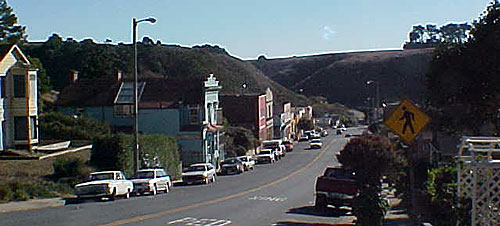 |
|
|
|
Many of the buildings on the main street are the same as they were in the early 1900s, only the businesses inside are different. Today there is a variety of restaurants, stores, churches, a new medical building, gas station, bakery, post office, library, art gallery, lovingly restored movie theater and several lodging facilities.
|
|
|
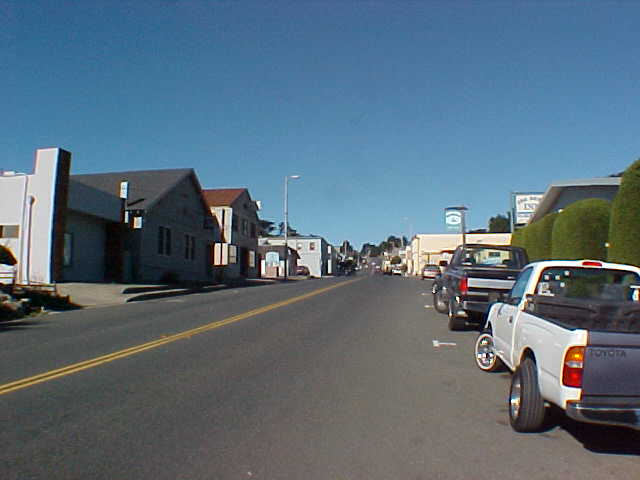 |
|
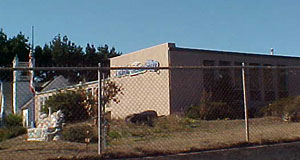 |
Schools in the town include; Point Arena High, Point Arena Elementary, North Coast Charter School and a pre school. Before the growth of Gualala, Point Arena served the coastal area as the center of services.
|
|
|
The Point Arena Municipal Pier has long been a source of revenue from commercial fishing and hosts a boat launching crane and free pier fishing.
|
|
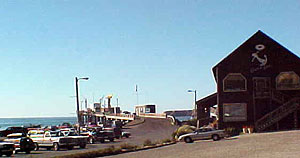 |
|
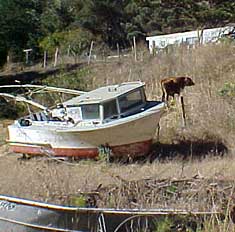 |
|
The new pier and boat launching facility replaced the old Arena Wharf which was destroyed by storms in 1983. The new pier is now the center of an active sea urchin industry and it is a popular spot for fishermen. There are several restaurants, lodging facilities and stores at the pier.
|
|
|
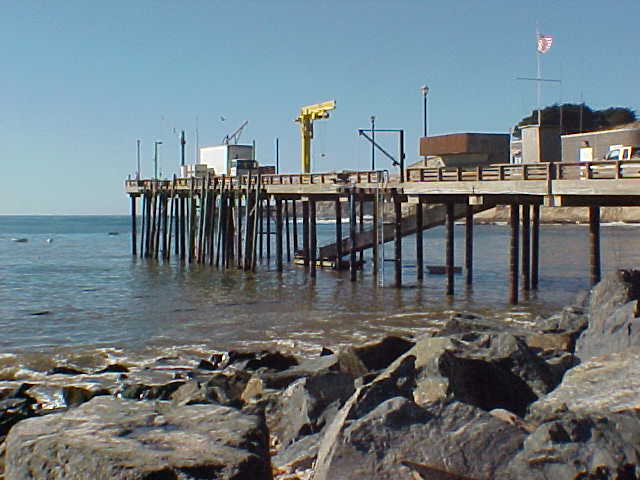 |
|
|
Visitors enjoy fishing, surfing, kayaking, whale watching and diving. Every 4th of July, the main street of town serves as a parade route for the community and there is a magnificent fireworks display at the pier over the weekend.
|
|
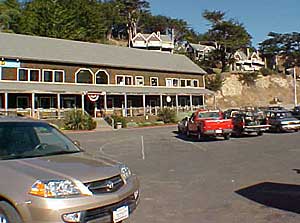 |
|
|
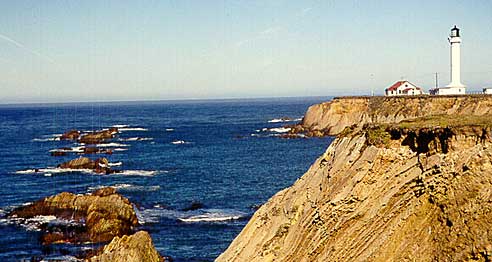 |
|
|
|
|
|
|
|
|
|
|
|
|
|
|
|
|
|
|
|
|








![]()
![]()